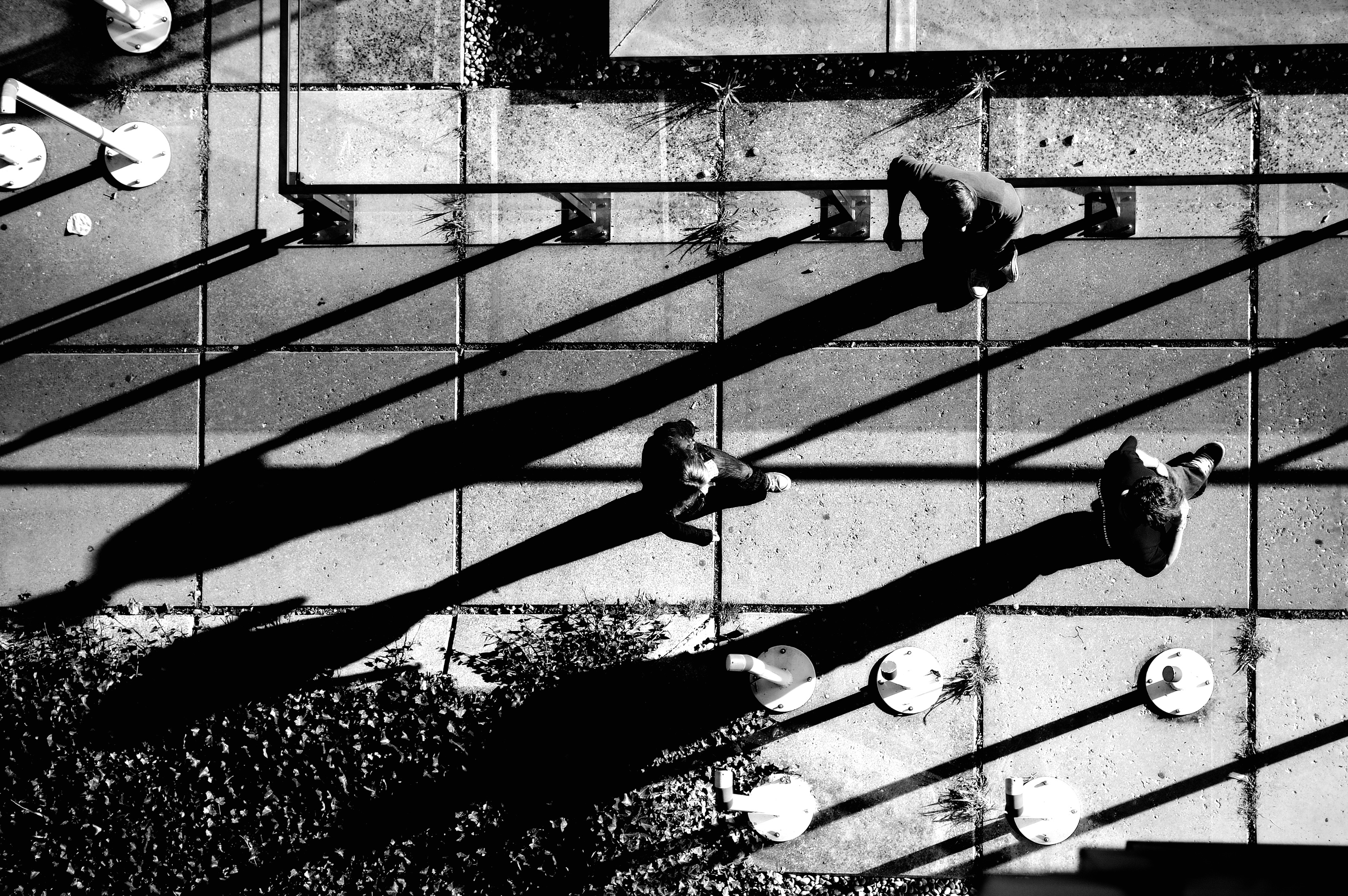
The power of the unspoken
The “Foyer Forschung” lecture series organised by the University of Konstanz’s Cluster of Excellence “Cultural Foundations of Social Integration” discusses taboos and the rules governing them
The Western world defines itself by its openness. Yet there are certain words one simply does not utter, positions one does not adopt, questions one does not ask. What are the things that we remain silent on – and for what reasons? On Thursday, 17 November 2016 at 20:00 a “Foyer Forschung” event entitled “Tabus – unausgesprochen stark” (taboos – the power of the unspoken) will tackle this question. Speakers include the University of Konstanz ethnologist Tanja Thielemann and the linguist Professor Hartmut Schröder from the European University Viadrina in Frankfurt/Oder. The Cluster of Excellence “Cultural Foundations of Social Integration” based at the University of Konstanz welcomes all interested persons to the foyer of the Spiegelhalle (hall of mirrors) in the Stadttheater Konstanz.
Sexual preferences, religious practices, death – which topics are suitable for public discussion and which ones remain taboo even today? Are taboos always restrictive, or do they contribute something to society? What is a taboo? Researchers will discuss the elusive rules of social interaction with the audience in a panel discussion entitled “Tabus – unausgesprochen stark” (taboos – the power of the unspoken) held as part of the “Foyer Forschung” lecture series.
“One major difference between strictly forbidden acts and those considered taboo consists in the fact that forbidden ones may be talked about openly, for instance with the goal of questioning the reasoning behind them”, explains Hartmut Schröder. “Taboos, however, cannot even be called into question, because acts considered taboo effectively prohibit themselves”.
Even today, taboos remain important to communities in that they define the boundaries of their value systems. As Tanja Thielemann explains, “social groups such as families, parties, or indeed entire societies tend to define themselves and their identity by what, as a member of that group, one is tacitly and implicitly allowed or prohibited to do. Taboo-breakers are threatened with ostracism, an act of exclusion whereby a community protects its identity”.
In her doctoral dissertation, the ethnologist examines how businesses and not-for-profit organisations treat diversity, including ethnic and religious diversity. During her field studies, she not only came across various language taboos, but recognised their creative potential: “Language taboos prompt circumlocutions and the invention of neologisms, which may be used to avoid taboo words”.
Taboos tend to be culture-specific, which is why they tend to stand out in situations of cross-cultural contact. “Taboo breaking tends to evoke stronger reactions when committed in a foreign culture as opposed to one’s own; because taboo breakers are generally unaware of their transgression and lack the means of making reparation afterwards”, says Hartmut Schröder. Schröder, a professor of language use and therapeutic communication, has worked on taboos and the linguistic mechanisms for dealing with them for many years, especially in the context of cross-cultural communication.
“To limit our understanding of taboo to its restrictive functions is to ignore the social role that it plays”, argues Dr Michael Neumann, a literary scholar at the University of Konstanz, who will moderate the subsequent discussion. “Rather, we must ask in which particular situations taboos work to promote either exclusion or inclusion”.
Facts:
- Event: “Tabus – unausgesprochen stark” (taboos – the power of the unspoken)
- Time and date: Thursday, 17 November 2016 at 20:00.
- Location: Foyer of the Spiegelhalle (hall of mirrors), Stadttheater Konstanz, Hafenstrasse 12.
- Lecture series: The “Foyer Forschung” lecture series is organised by the Cluster of Excellence “Cultural Foundations of Social Integration” and the Institute for Advanced Study Konstanz, who collaborate with the Stadttheater to present relevant topics of scholarly research to the public once every semester.
- Admission is free.
